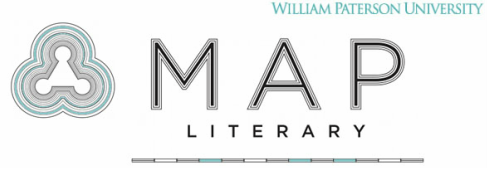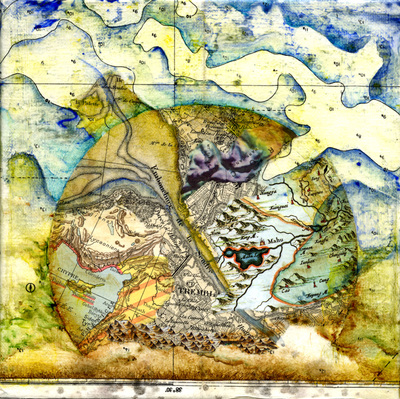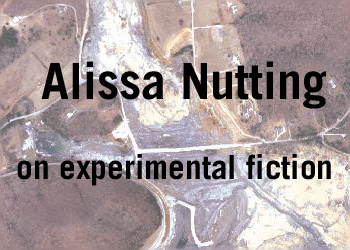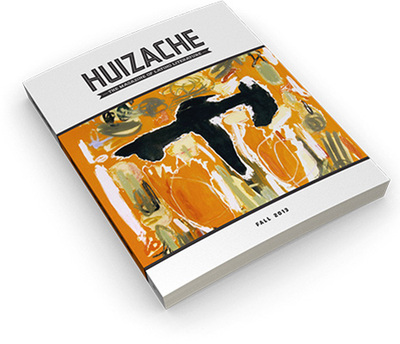CAL FREEMAN
Loosestrife
Once wakeful it’s not as simple as becoming mindful to make the day good. I’ve certainly
listened to my breath and loved my breathing at random moments when the trachea was clean of
phlegm and the digital emunction of the naris had them whistling like happy men living in the
present. The present is a leashed dog sniffing around the invasive weeds of the riparian, the
loosestrife and burdock of the shifting banks. I recognize the homonyms of “present” and would
caution against confusing the term denoting a temporal state with the term connoting the gift of
the leashed dog’s company over the course of a thoughtless afternoon.
Because I am nostalgic for archaic diction, not the aphoristic stuff of our grandparents whose
relatively recent departure from our history makes their generation’s attitudes easy to despise,
but words and phrases that have fallen out of use, I can tell you: only when transpontine can one
cock-suredly dispose of a system for mourning. I was suspended above the Rouge Industrial
Complex in a dream this morning with less certainty about how to get down than I’d like. There
were no automobiles, just this grade school friend, the keeper of her older brother’s memory,
detailing his characteristics and the sad vicissitudes of suicide, to which I can relate given the
several failed attempts among family members: Nancy and my mother with the pills (hepatotoxic
bleeding out the eyes), Danny with the faulty noose etc. This friend refers to her brother as
“Edziu” and mourns him dutifully, as well as passionately.
In this bar I frequent, the organization Suck It, Suicide, has a table set up. I’m learning that t-
shirts and beer kozies with “suck it, suicide” written on them aren’t for the deceased but for the
living, that they serve the purpose of elegy, not prevention. I’ve always believed in the
lachrymose provincial. In a place of mirth, it’s difficult to move, but here my elbows extend
concentrically from the palms that hold the bottle. It’s my last bottle for the ditch, though in this
macadamized floodplain there are no ditches. Astride a world of culverts it’s easier to drive, yet
something atavistic in us suffers, a memory of water that has the mallards returning to reclaimed
creek beds and long-buried marshes.
On my way home from the bar, I pass the Nichols’ house. A sign beneath the porchlight reads,
“The Nichol’s.” People complain every Christmas about possessives erroneously applied to
names. It doesn’t bother me if you take possession of your name. S’s are tricky at the ends of
words, and pluralization itself is tricky. There isn’t even any agreement about whether “S’s are
tricky” as I just used it is correct.
So chisel that apostrophe into the stone that marks our deaths. O Lost. There will come a point in
the history when such grammar will seem correct, when we’ll seem self-possessed, marmoreal in
our bearings. All I’m saying is don’t get so excited about grammar or typography if there’s a
chance you might die outside a fast food restaurant someday, or a chance that someone will think
of you while selling “Suck It, Suicide” beer kozies in a bar.
At the end of Parker Street there is a pedestrian bridge that crosses over the creek between the
neighborhood and Heather Lane Park. It is due east of the corner with the Checkers Burger and
the Taco Bell. It is where polliwogs and mallards swim, where wakeful souls sing mindlessly in
loosestrife, where loosestrife crowds out the native tubers to earn its name.
Copyright © September 2021 Cal Freeman
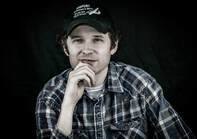
Cal Freeman is the author of Fight Songs and Brother of Leaving. His writing has appeared in many journals including Hippocampus, Posit, The Journal, The Cortland Review, Rattle, Drunken Boat, and Southwest Review. He was the recipient of The Devine Poetry Fellowship (judged by Terrance Hayes) and Passages North's Neutrino Prize. He currently serves as the music editor for The Museum of Americana: A Literary Review. He also regularly reviews collections of contemporary poetry for the program Stateside on Michigan Public Radio.
